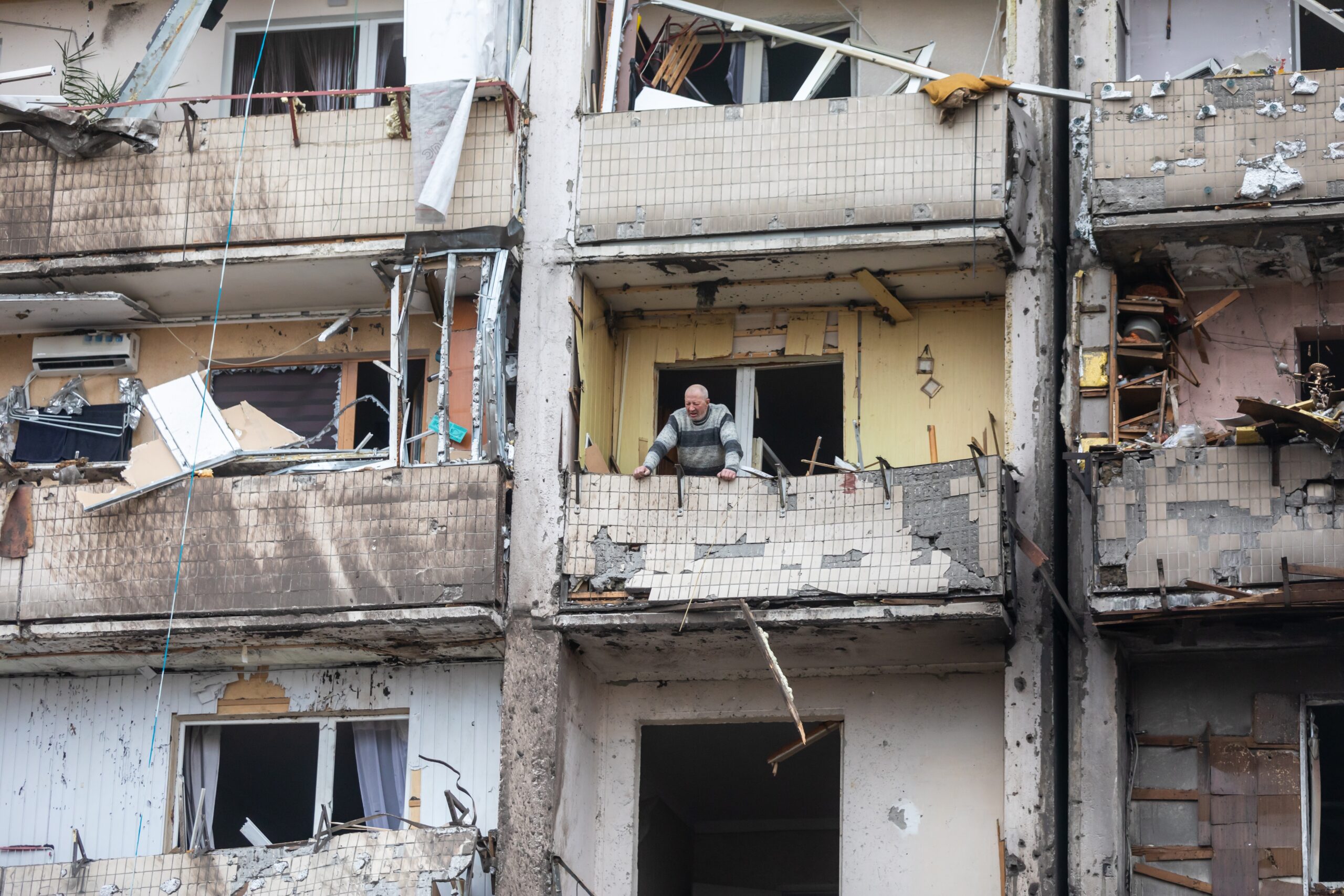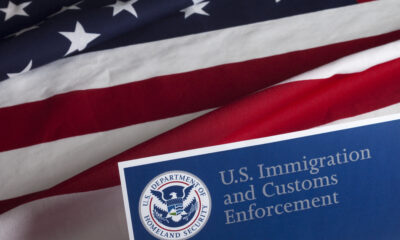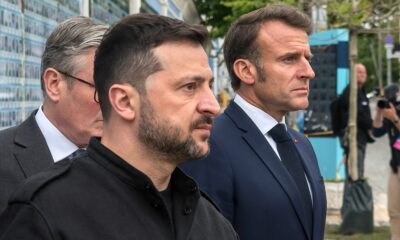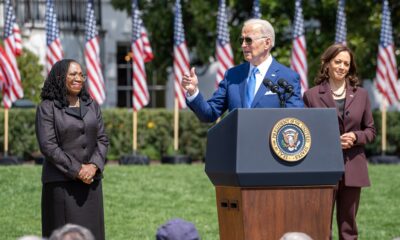NATO Leader Warns Of ‘Long War In Ukraine’

More than a year and a half after the Russian invasion and despite the roughly $113 billion in aid handed to Ukraine by the Biden administration, a war between the two nations continues to drag on with no end in sight.
Meanwhile, Ukraine continues to petition for more aid from members of the North Atlantic Treaty Organization as well as membership in the alliance.
For his part, NATO Secretary General Jens Stoltenberg recently declared that “there is no doubt that Ukraine will eventually be in NATO.”
Even disregarding the fact that officials and experts alike agree Ukraine does not meet the qualifications for admission into the organization, it is exceedingly unlikely that NATO would agree to accept a nation currently engaged in a war.
The terms of Article 5 of the NATO treaty require all affiliated nations to come to the defense of any member. Furthermore, there are unsettled disputes between Russia and Ukraine over the borders of both countries, and premature action in the region by NATO could trigger a much broader war than the one that is already underway.
As for whether the Russia-Ukraine conflict will be settled anytime soon, Stoltenberg offered a rather pessimistic outlook.
“Most wars last longer than expected when they first begin,” he said. “Therefore we must prepare ourselves for a long war in Ukraine.”
The NATO chief noted that the alliance is “wishing for a quick peace” but put the onus on Russia to achieve it.
“We must recognize [that] if President [Volodymyr] Zelenskyy and the Ukrainians stop fighting, their country will no longer exist,” Stoltenberg said. “If President [Vladimir] Putin and Russia lay down their weapons, we will have peace.”
During a NATO summit in June, Zelenskyy attempted to portray Russia as an existential threat to the entire world in his bid for additional weaponry from the allied nations.
“The question is — who is next for Russia?” he asked. “Moldova? The Baltic States? Poland? The answer is all of them. We need to break the Russian artillery advantage. … We need much more modern systems, modern artillery.”
Stoltenberg also addressed the situation at that meeting, calling Russia a “direct threat” to NATO and insisting that the alliance is facing its “most serious security crisis.”
























